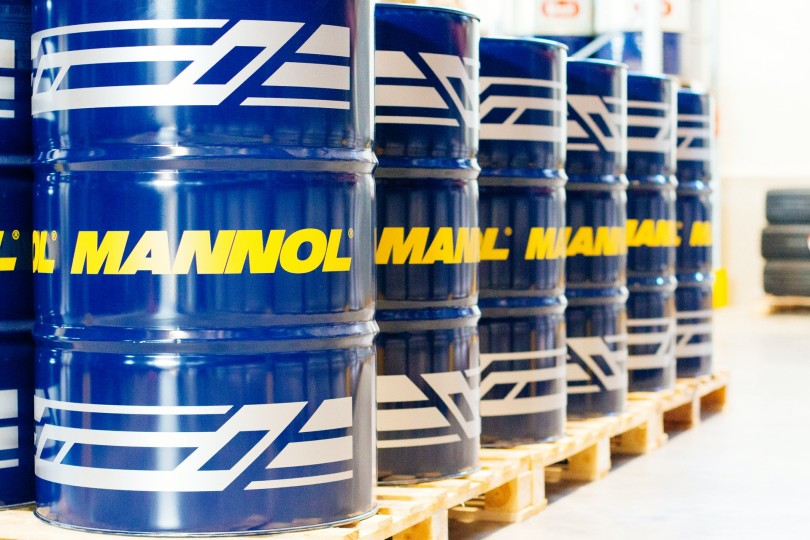How is the UAE encouraging people to rethink DESALINATION?
15 Apr 24
Enviro ChatThe Global News Source for the World of Science and Chemicals
08 April 2022
Chem Chat
The UAE is a chief trading hub for oils and lubricants in the Middle East, according to an experienced industry insider. Although the UAE’s capacity for lubricant production is dwarfed by some other nations around the globe and it consumes a far smaller volume of the product than its counterparts, it is still a major player in trading, storage and distribution.
This is largely due to the country’s extremely high blending capacity, alongside its expansive storage facilities, low fees and sophisticated infrastructure for handling the goods. This makes it the biggest hub in the Middle East for lubricant processing and distribution and marks out the UAE as a leading power in the industry going forwards.
With an estimated annual production capacity of 740,000 tonnes of lubricant per annum, the UAE does not rank in the top 10 lubricant-producing countries of the world. Its consumption is even more underwhelming – the domestic market accounts for around 140,000 tonnes, meaning the surplus 600,000 tonnes were exported abroad at profit.
However, it’s in the processing of the substance that the UAE really comes into its own. With over a third of the blending plants in the region (32 of 93), the country has the capacity to blend 1.25 million tonnes of the stuff every year. That’s 35% of the Middle Eastern total and higher than regional rivals Iran (800,000 tonnes per year), Saudi Arabia (700,000 tonnes per year) and Iraq (200,000 tonnes per year).
In addition to its blending prowess, the UAE also has the infrastructure and the experience to deal with elevated demands in the lubricants market. It boasts abundant tank space to house many different types of lubricants, meaning that its terminal storage fees are consequentially lower than other nations in the area.
What’s more, it also has extensive experience in handling shipping and freight movement, ensuring that bottlenecks and delays are kept to a minimum. Finally, the speed and ease with which it deals with financial transactions in a wide variety of currencies make it a popular choice for international businesses.
These advantages, alongside the strategic geographical location of the UAE between markets in the Far East, Europe, the USA and other parts of the world, make the country the trading hub of choice for lubricants in the region. This, despite the fact that its production and consumption quotas are significantly smaller than some of its rivals.
What’s more, the fact that the UAE’s largest petrochemical facilities have all opened in the last 10 or 15 years means that they have a significant shelf-life ahead of them. Alongside the environmental emphasis that the government is now placing on all of its industrial endeavours, this means that the country is well-placed to serve an integral role in the lubricants sector for the foreseeable future.
DOWNLOAD PDF

2 Day Seminar Program
@ ArabLab+ 2024
24 & 25 September 2024
Your stay in Dubai
Labkit
Product News
Chemkit
Product News
Thinking about exhibiting at ARABLAB 2024? Watch our video to find out more.
Join the world’s leading organisations…
Join our mailing list and receive the ARABLAB newsletter and event updates.